Faculty
Primary Faculty

Role of Circadian Rhythm in in gene regulation and cancer cell biology and metabolism.

Co-Director of the Rochester Genomics Center
Director, Wilmot Cancer Institute Shared Resources
Director, Functional Genomics Resource


The biochemistry, molecular biology and genetics of signal-transducing transcription factors and their role in development, aging and disease
Dr. Bohmann works part-time and doesn’t accept new students.

Understanding the roles of antioxidants in disease
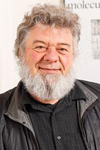
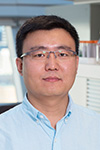
Functional genome of aging and age-related diseases, with specific focus on human genetic variation, epigenome, and 3D genome, by leveraging the power of large-scale biobanks, single-cell multi-omics technologies, machine-learning/AI models and molecular experiments.

Impact of iron deficiency on brain development and interactions with environmental toxicants and genetic factors.
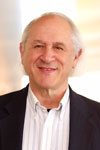
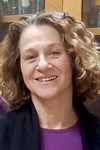
Protective and regenerative strategies for salivary gland function and radiation therapies.
Dr. Ovitt works part-time and doesn’t accept new students.


Using primarily human pluripotent stem cell models, we examine astrocyte development in normal and pathological conditions, the role of astrocytes in modulating response to injury or stress, the role of altered RNA processing and translation in neural development, and the utility of glial precursor cells and their astrocytic progeny for cell transplantation therapy.
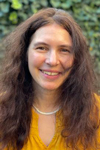
The role of metabolism in lineage differentiation

Understanding the neural circuit mechanisms that generate and shape complex feeding behaviors
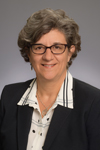
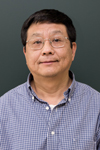
Secondary Faculty




Genetic and environmental susceptibility to developmental lung injury.
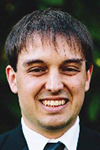
Developing methods to: model microRNA-seq data, analyze confocal microscopy images of microglia, and estimate gene regulatory networks from perturbation experiments.
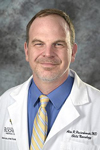
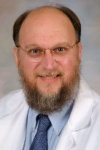
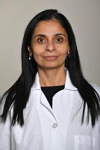
Using patient-derived human induced pluripotent stem cells (hiPSCs) to study the molecular mechanism of specific retinal and neurological diseases and applying that knowledge to pharmacologically target certain retinal disorders in patient-derived cells.